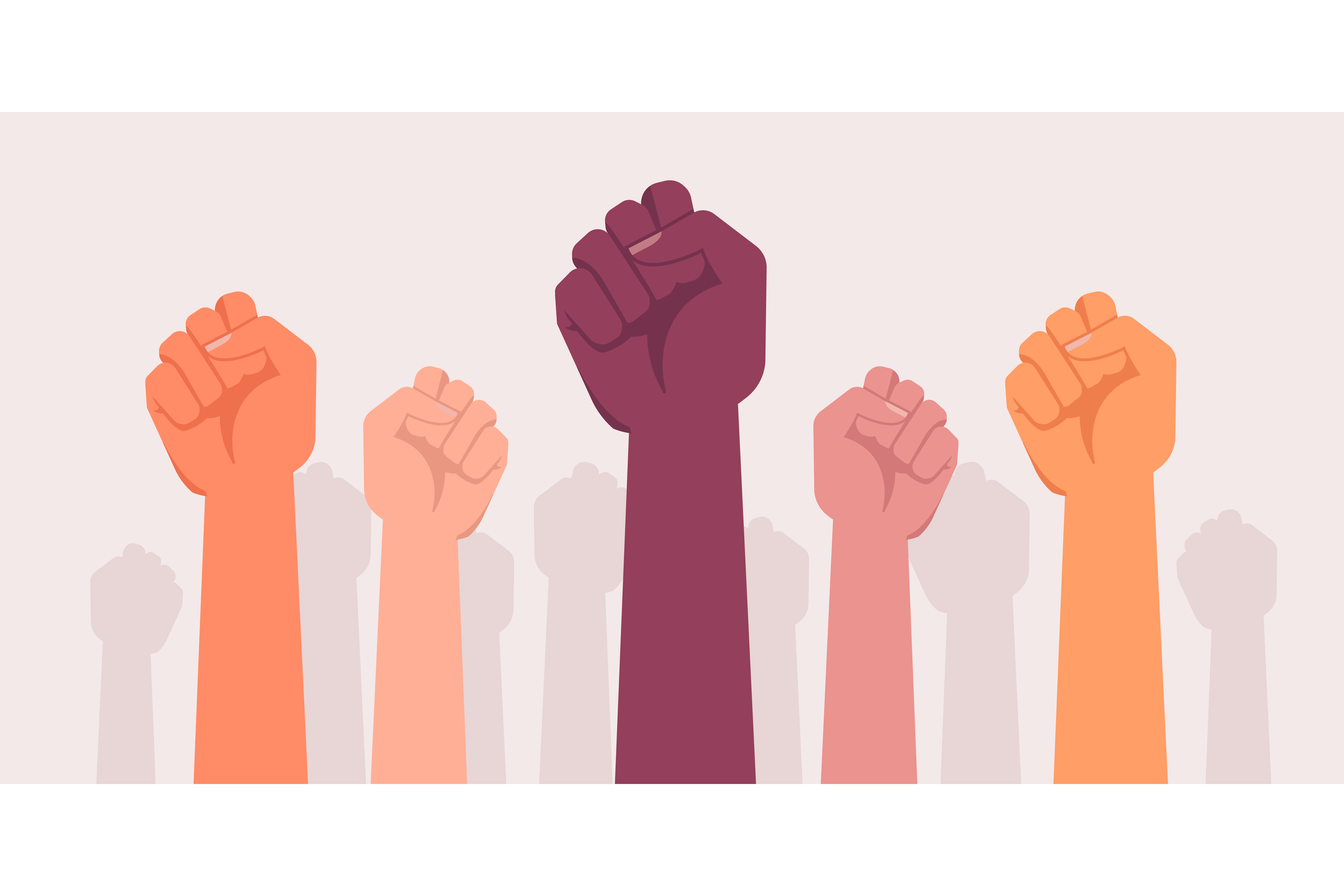In the digital age, social media has revolutionized the way we connect, share, and consume information. However, alongside its many benefits, these platforms have also become fertile ground for propaganda and exploitation. As current affairs increasingly highlight, the power of social media to influence public opinion and behaviour has far-reaching consequences, both positive and negative.
The Rise of Social Media Propaganda
Social media’s democratization of information has enabled anyone with an internet connection to broadcast their views to a global audience. While this has empowered voices from all corners of the world, it has also opened the floodgates to propaganda.
Case in Point: Political Manipulation
Recent elections around the globe have shown how social media can be weaponized to sway voters. Fake news, misleading ads, and manipulative content designed to polarize opinions are common tactics. For example, during the 2020 U.S. presidential election, numerous reports surfaced about foreign entities using social media to spread disinformation and deepen societal divisions. Platforms like Facebook and Twitter were accused of not doing enough to curb the spread of false information, raising concerns about their role in modern democracy.
Exploitation Tactics on Social Media
Beyond propaganda, social media also harbors numerous exploitation tactics. These range from data mining and targeted advertising to more sinister activities like cyberbullying and human trafficking.
Case in Point: Data Privacy Concerns
The Cambridge Analytica scandal in 2018 was a watershed moment, exposing how personal data harvested from Facebook users was exploited for political advertising. This incident shed light on the broader issue of data privacy and the need for stringent regulations to protect users from exploitation. Despite increased awareness and new privacy laws like the GDPR, concerns about data security and exploitation persist.
Case in Point: Human Trafficking
Alarmingly, social media platforms are also being used for human trafficking. Traffickers exploit these networks to recruit, advertise, and control victims. In 2021, the United Nations Office on Drugs and Crime (UNODC) reported a surge in online recruitment of trafficking victims during the COVID-19 pandemic, highlighting the need for stronger monitoring and intervention mechanisms on social media platforms.
Current Affairs: The Battle for Control
As governments and organizations grapple with these issues, several key developments are shaping the landscape:
Regulatory Responses
In response to the rising tide of propaganda and exploitation, governments worldwide are implementing stricter regulations. For instance, the European Union’s Digital Services Act aims to create a safer digital space by curbing illegal content, ensuring transparency in advertising, and protecting users’ fundamental rights online.
Platform Accountability
Social media giants are under increasing pressure to take responsibility for the content shared on their platforms. In recent months, Facebook (now Meta) has faced significant scrutiny over its handling of harmful content and misinformation. Internal documents leaked by whistleblower Frances Haugen revealed that the company was aware of the negative impact of its platforms but prioritized profit over public safety.
User Vigilance
Amid these challenges, the role of individual users cannot be overstated. Media literacy programs are essential in equipping users with the skills to identify and combat misinformation. As consumers of information, we must be critical and discerning, verifying sources and questioning the intent behind the content we encounter.
Navigating the Future
The issues of propaganda and exploitation on social media are complex and multifaceted, requiring a collaborative approach to address effectively. Governments, tech companies, and users all have roles to play in ensuring that social media remains a force for good rather than a tool for harm.
At BelleMedia, we believe in the power of informed and ethical digital engagement. By staying vigilant and proactive, we can navigate the modern minefield of social media, leveraging its potential while safeguarding against its pitfalls.
Join the Conversation
What are your thoughts on propaganda and exploitation on social media? How can we collectively work to mitigate these issues? Share your insights and experiences on the BelleMedia LinkedIn page, and let’s continue this crucial conversation.

